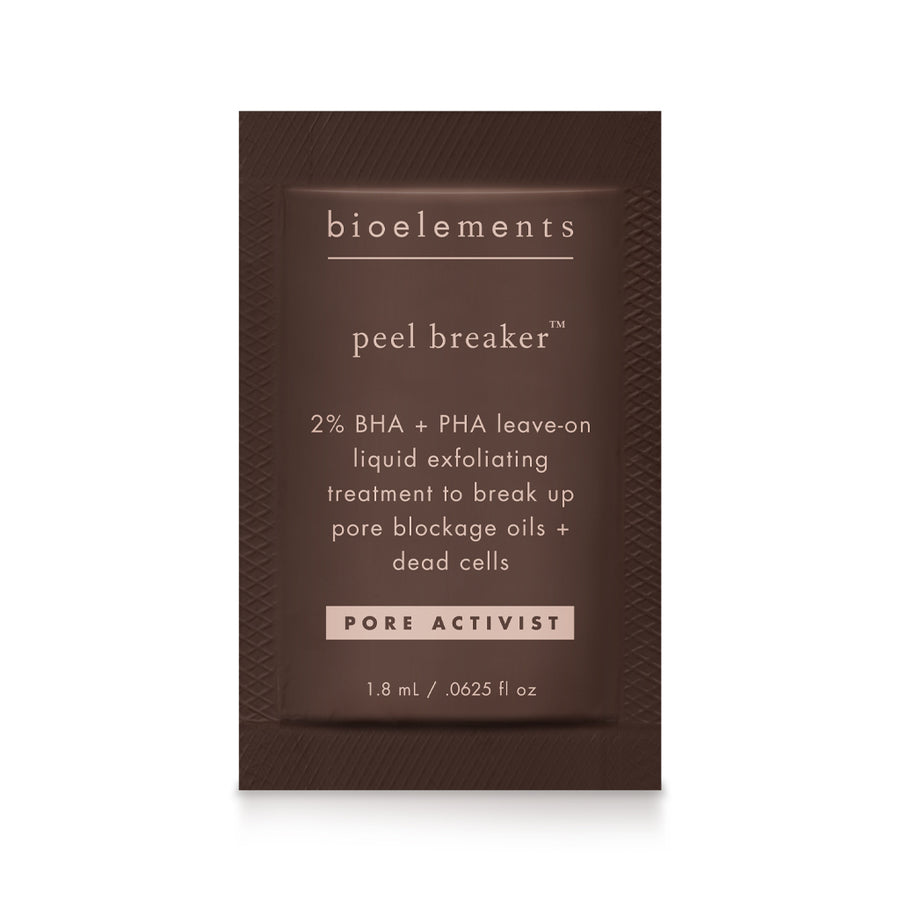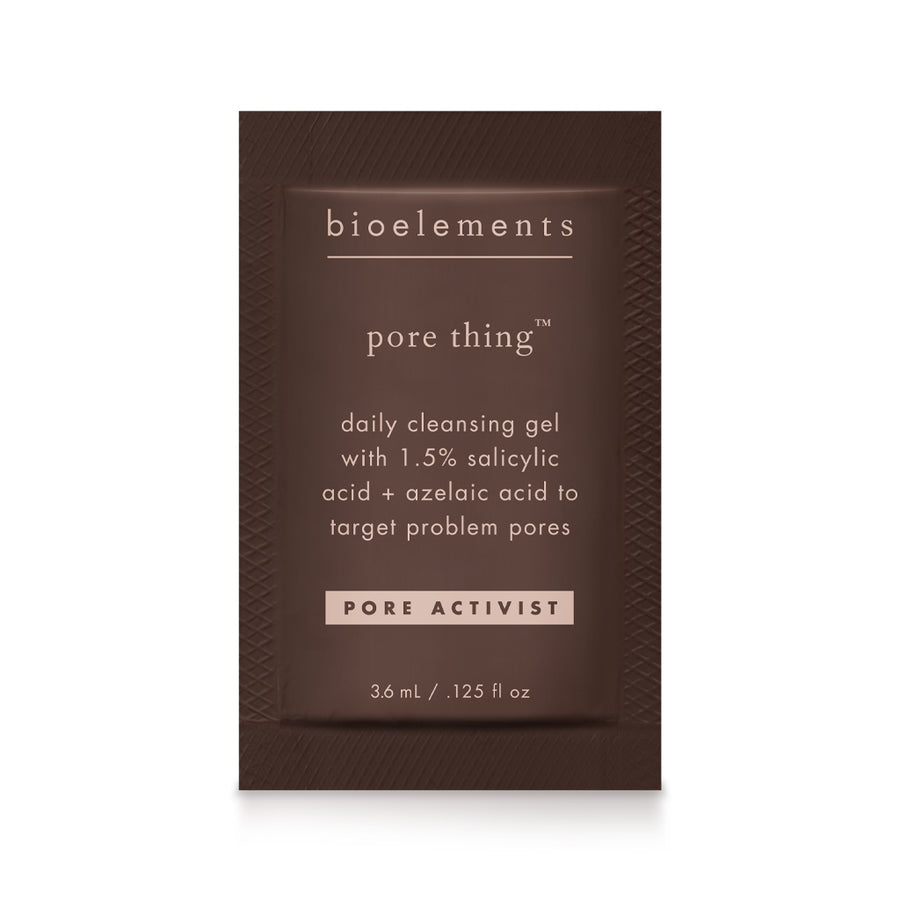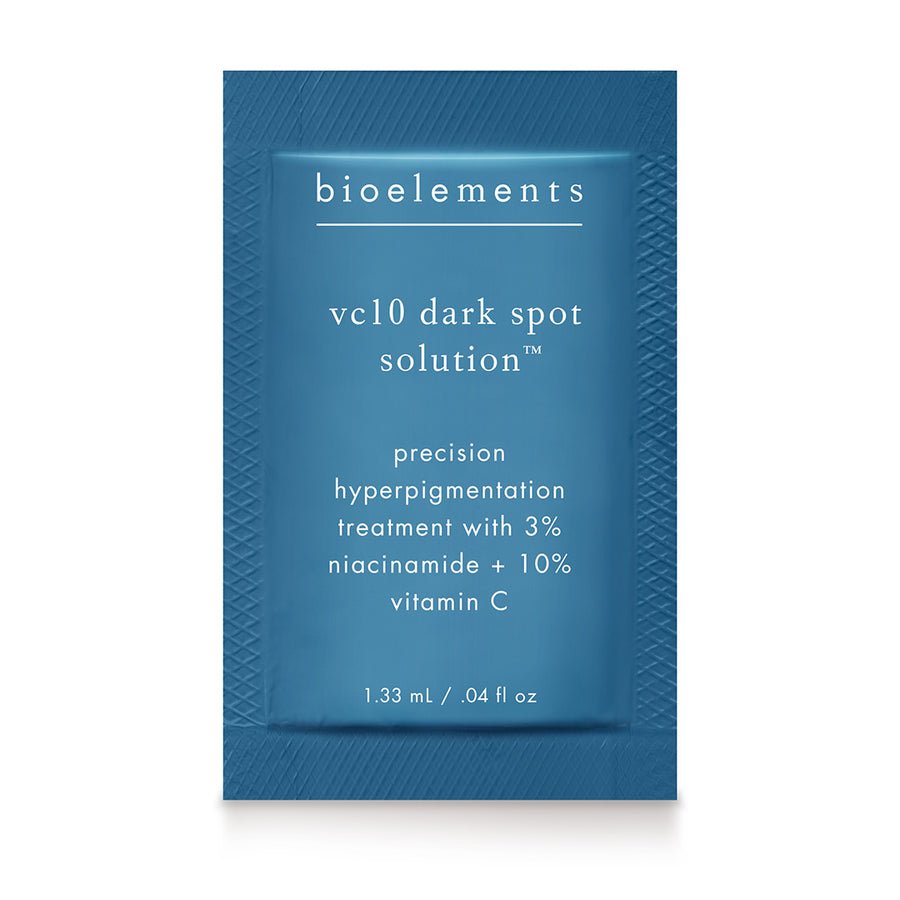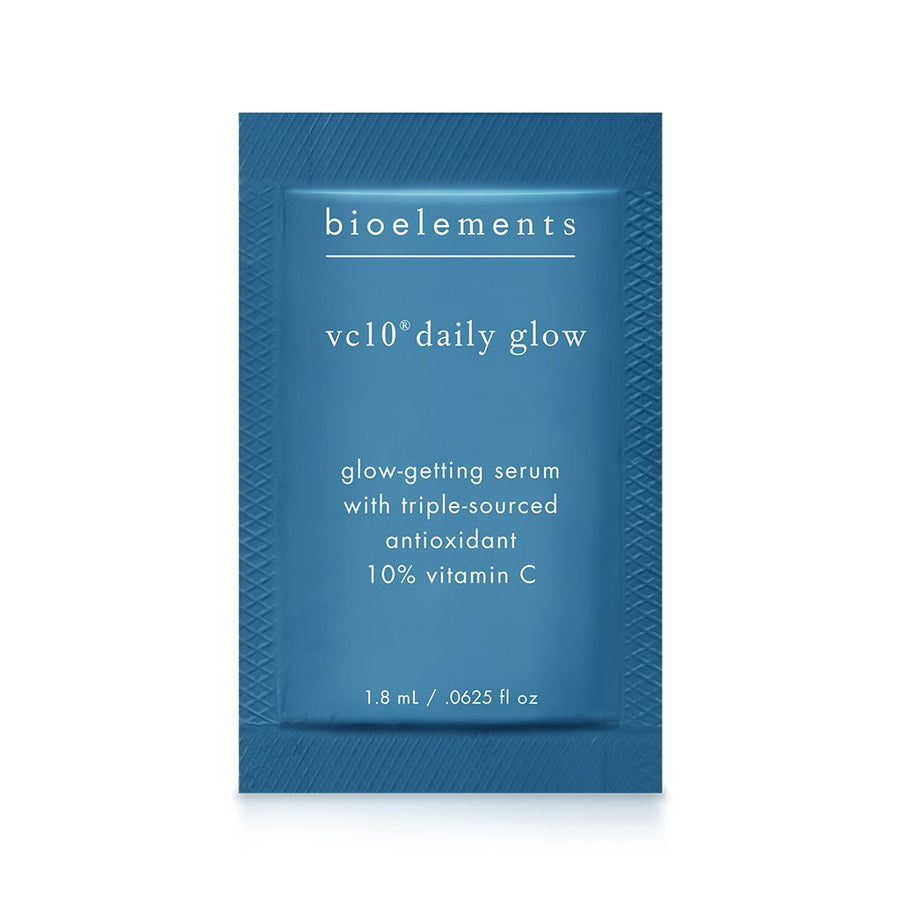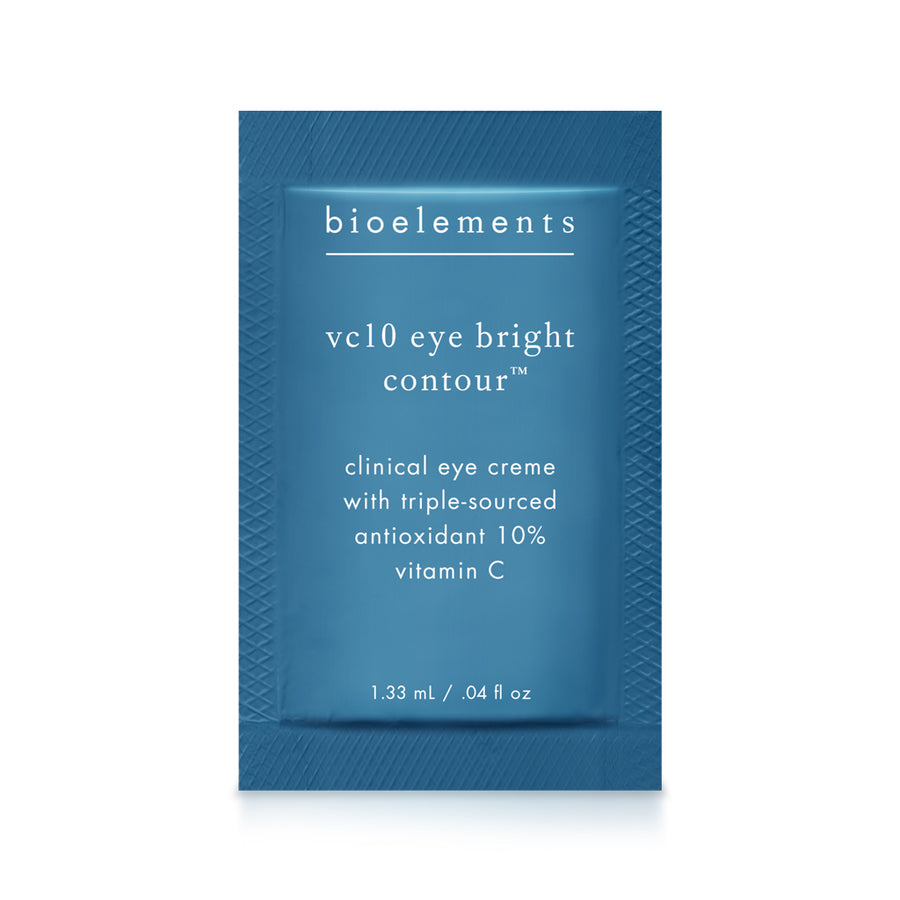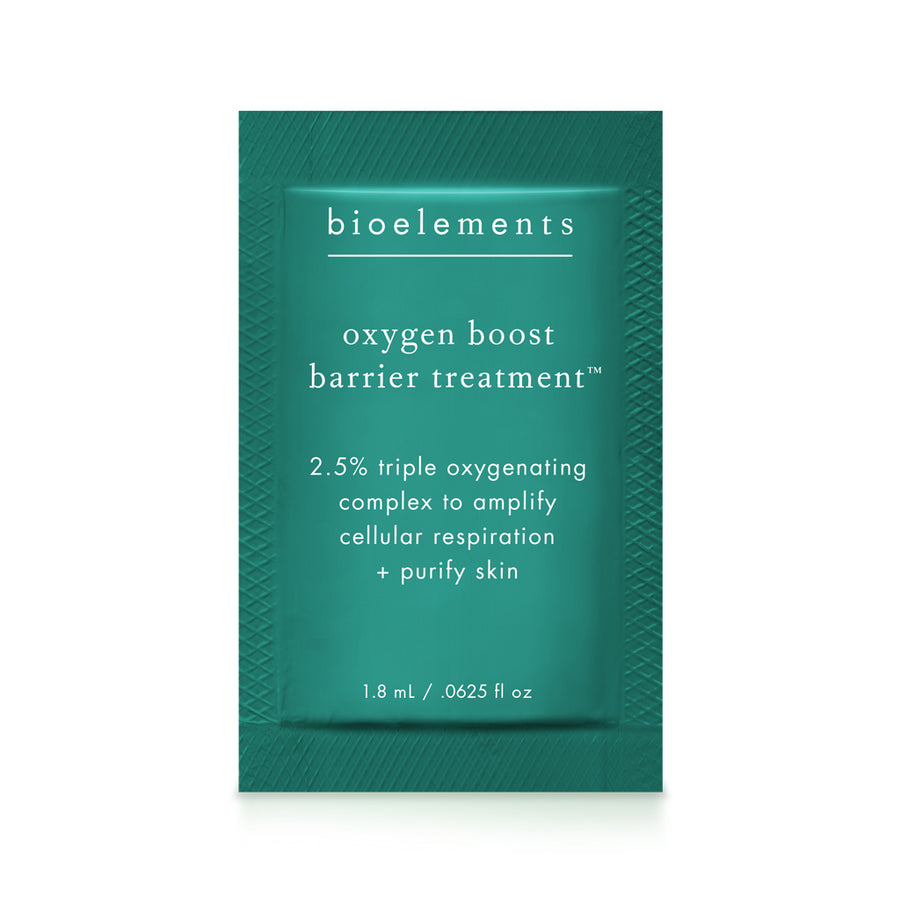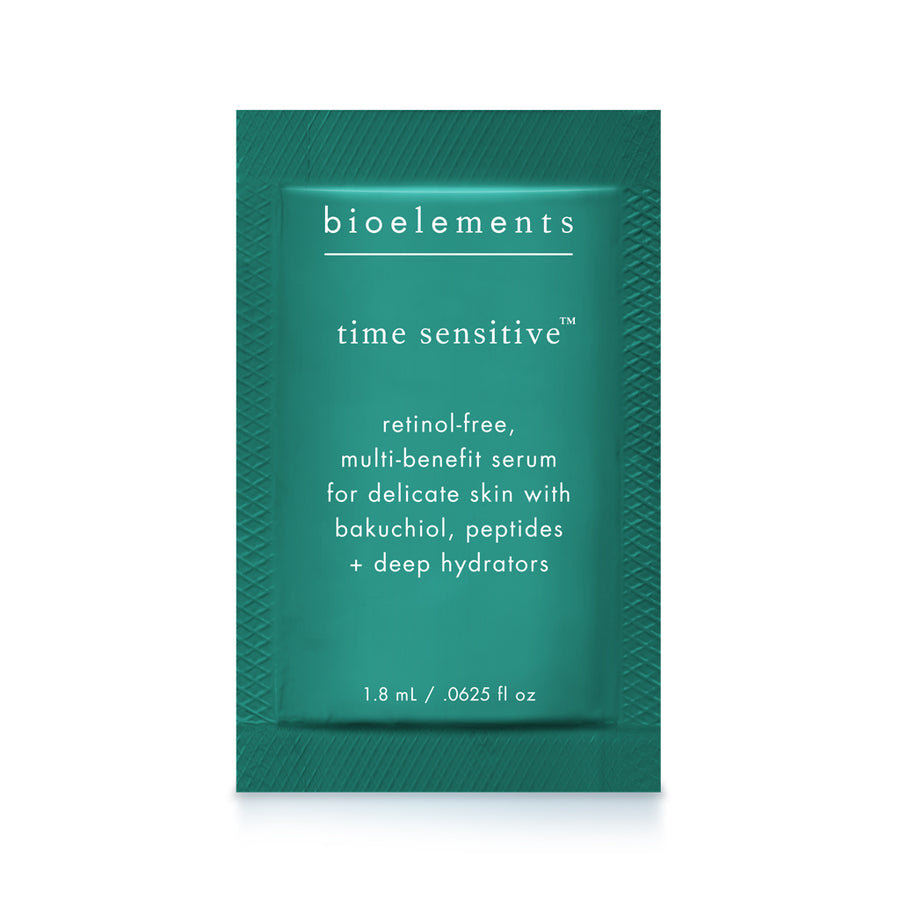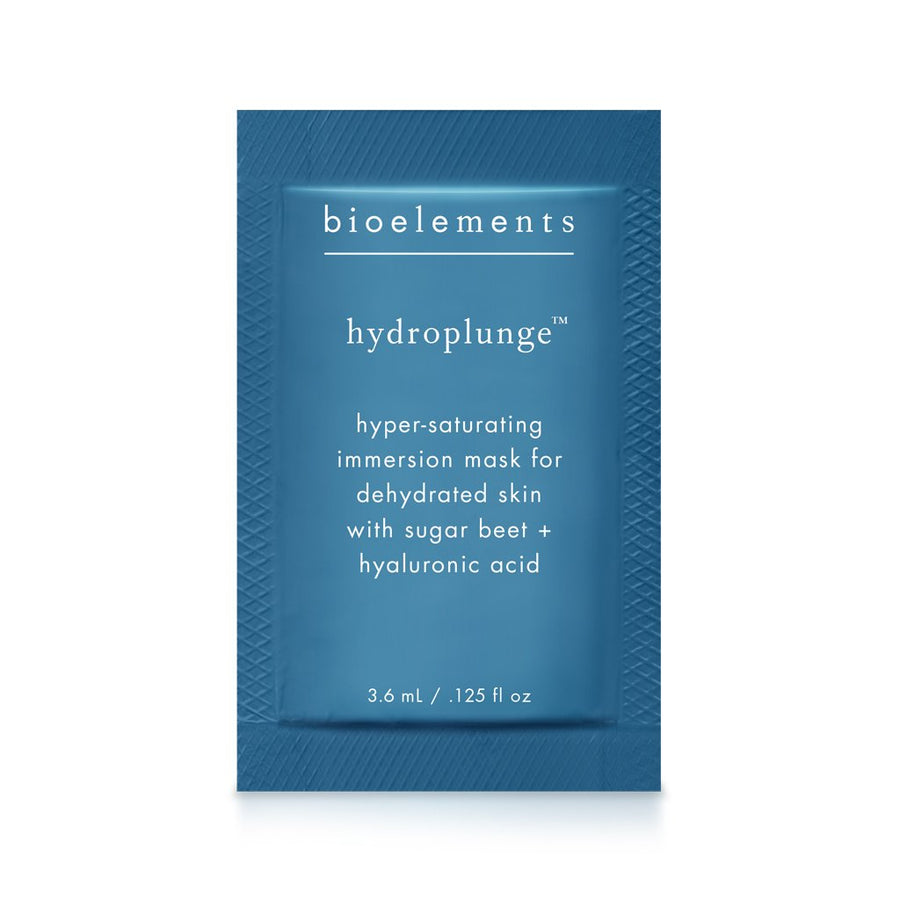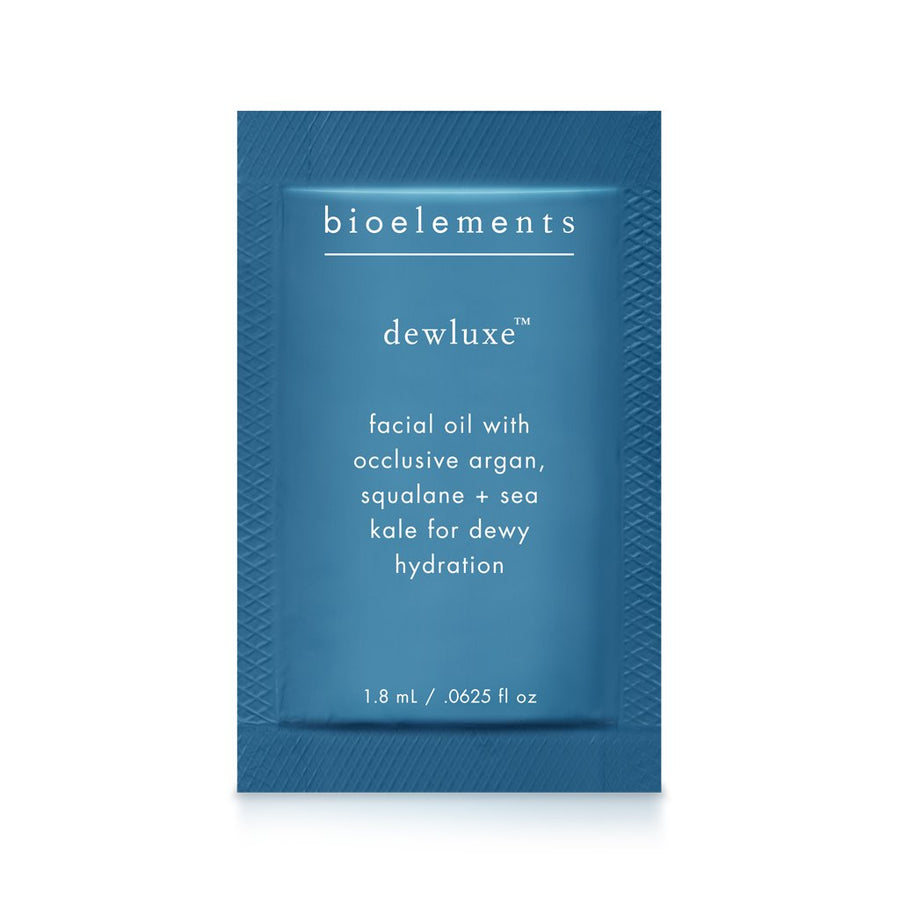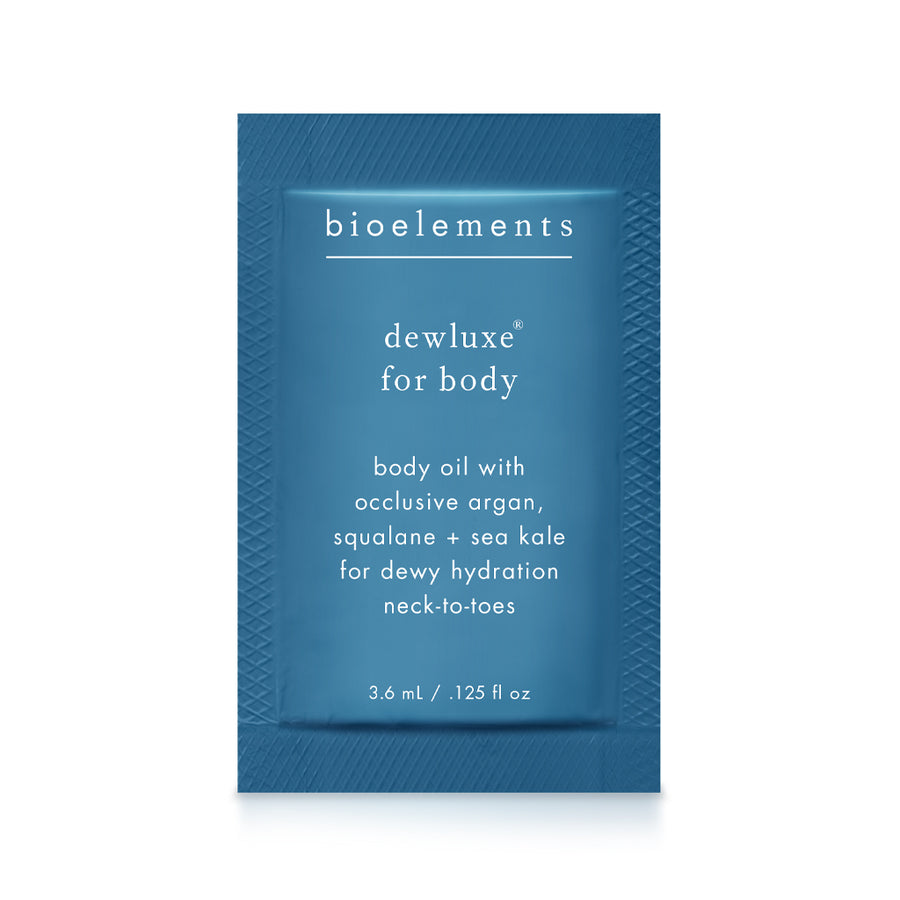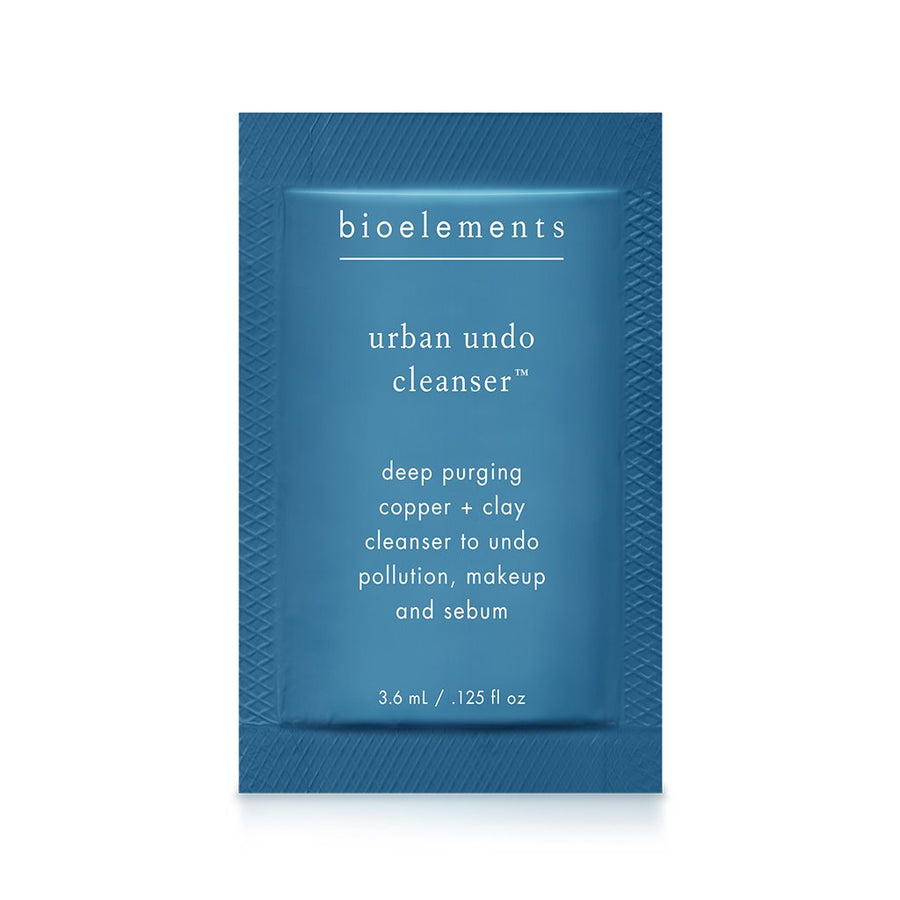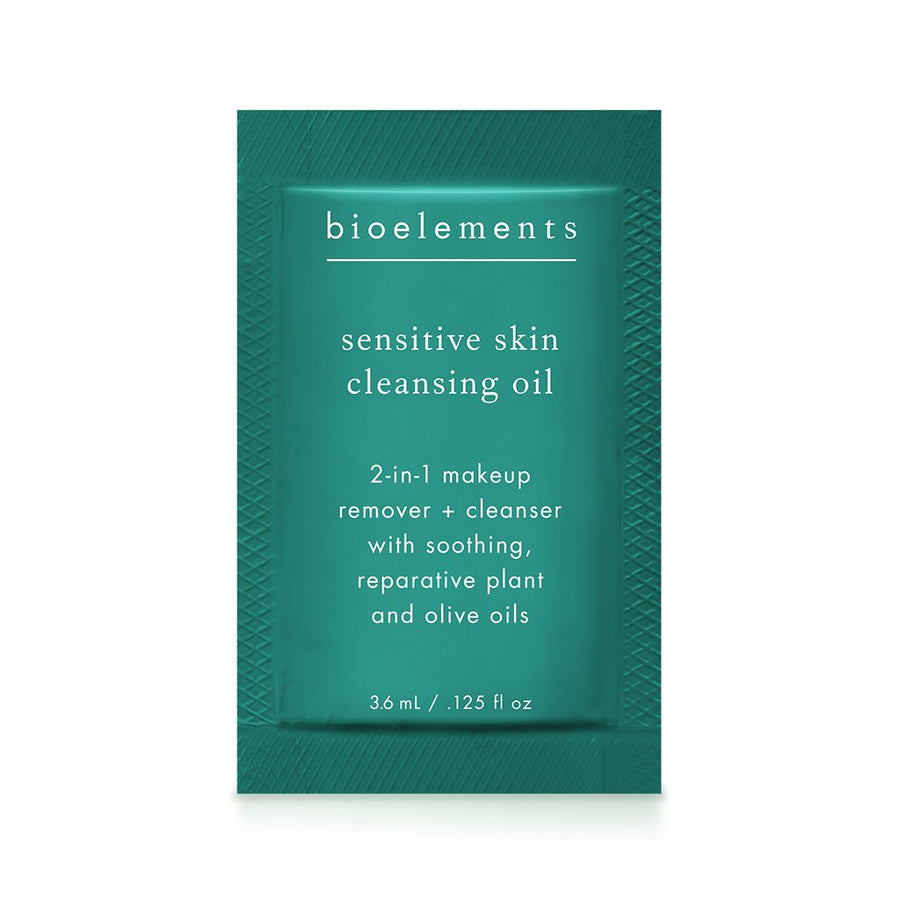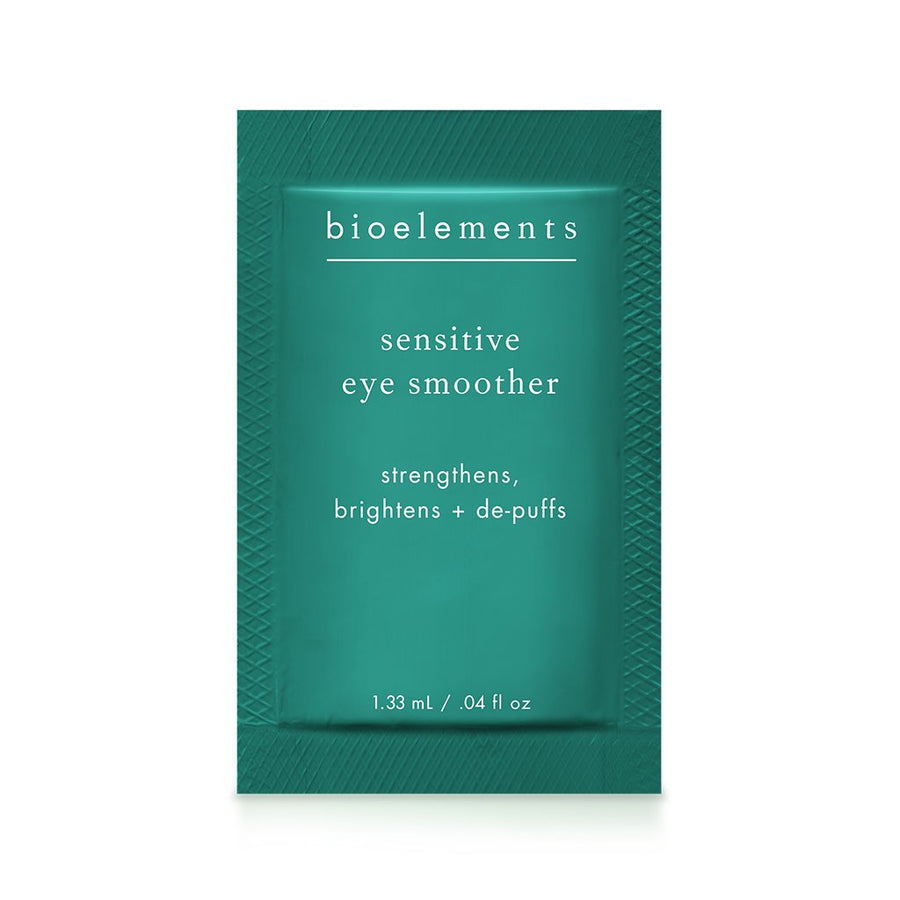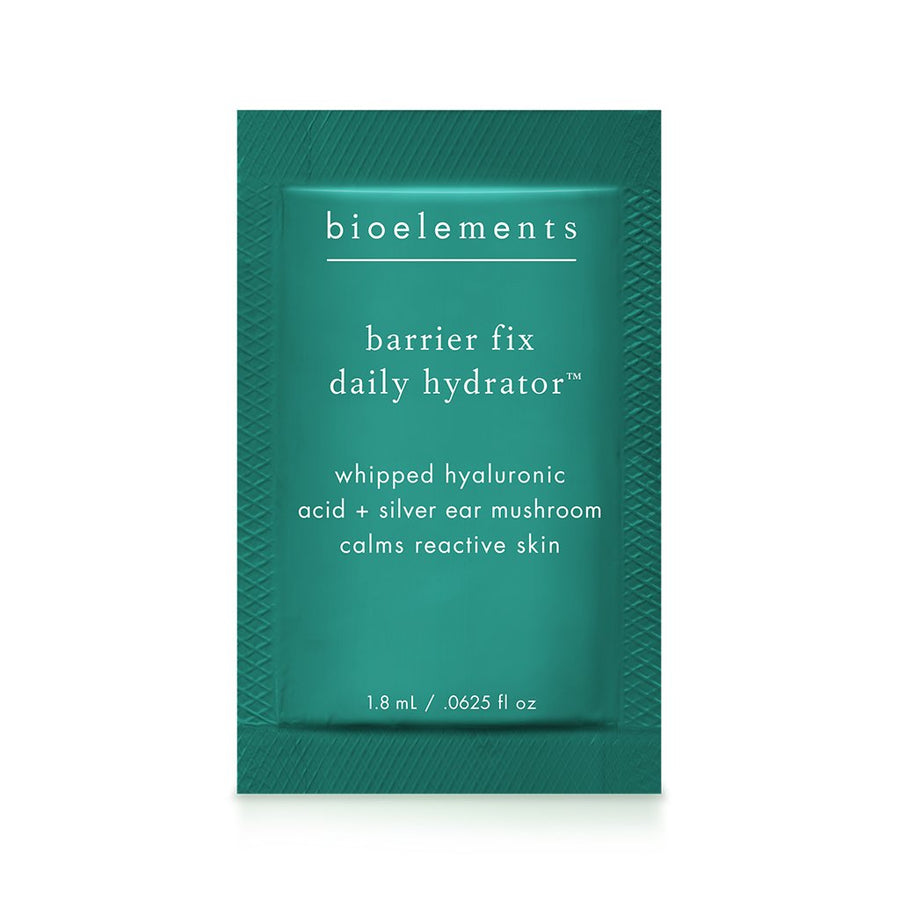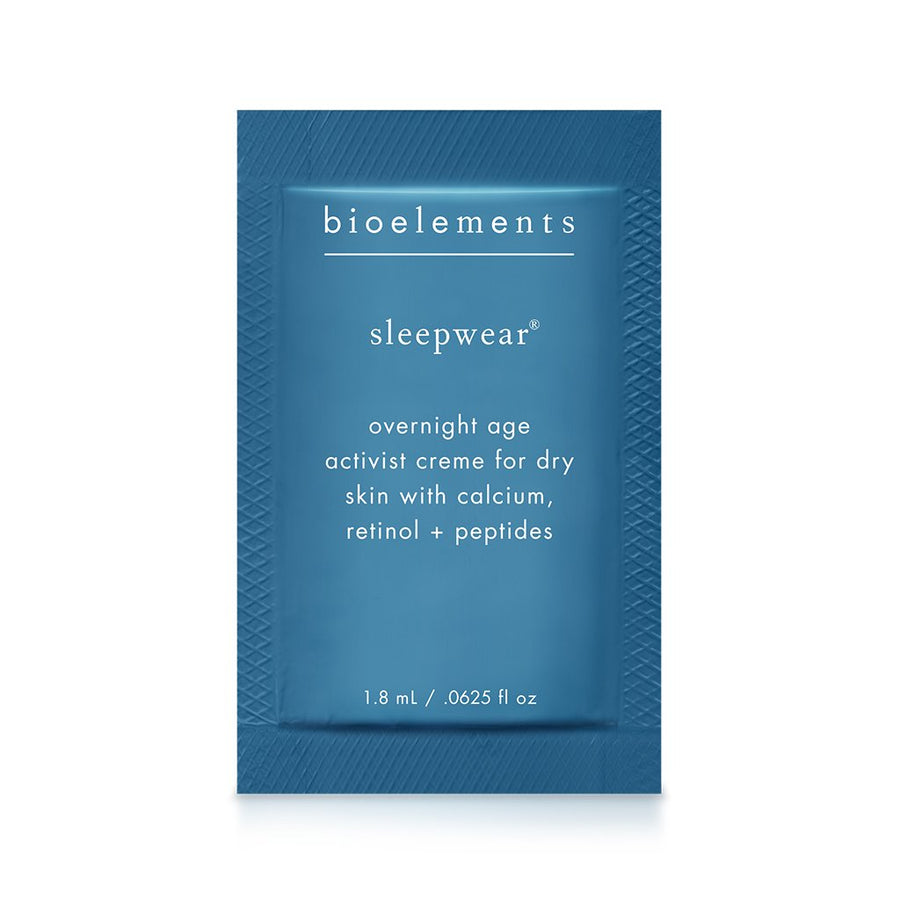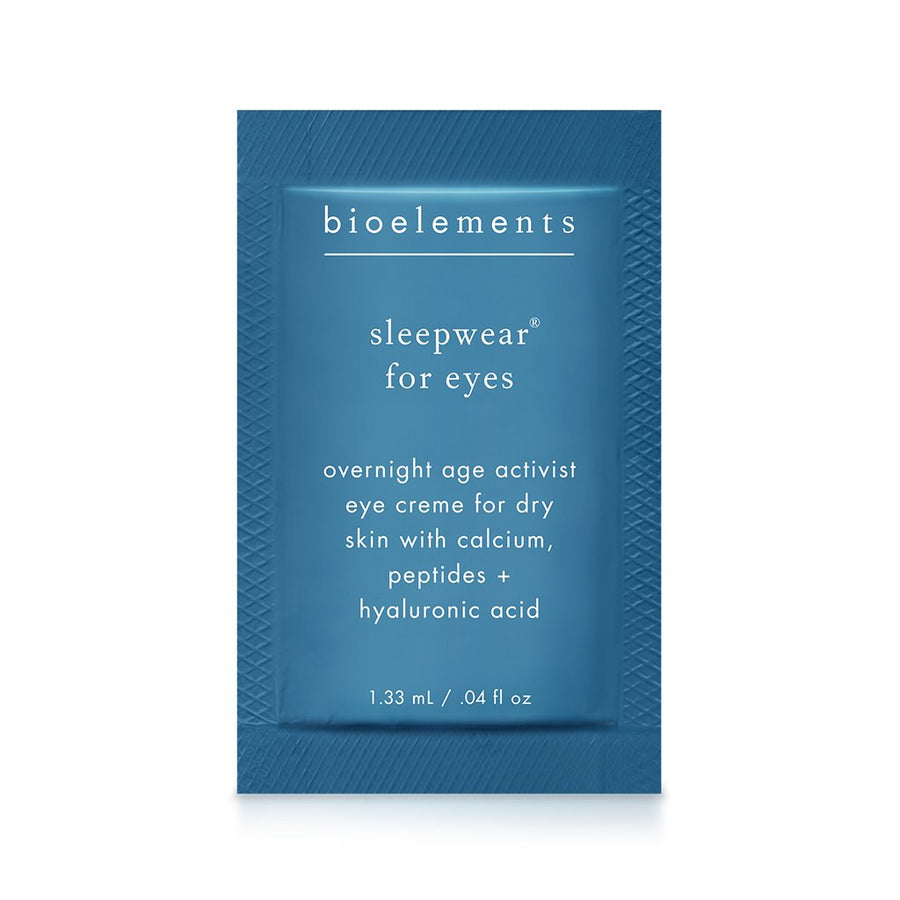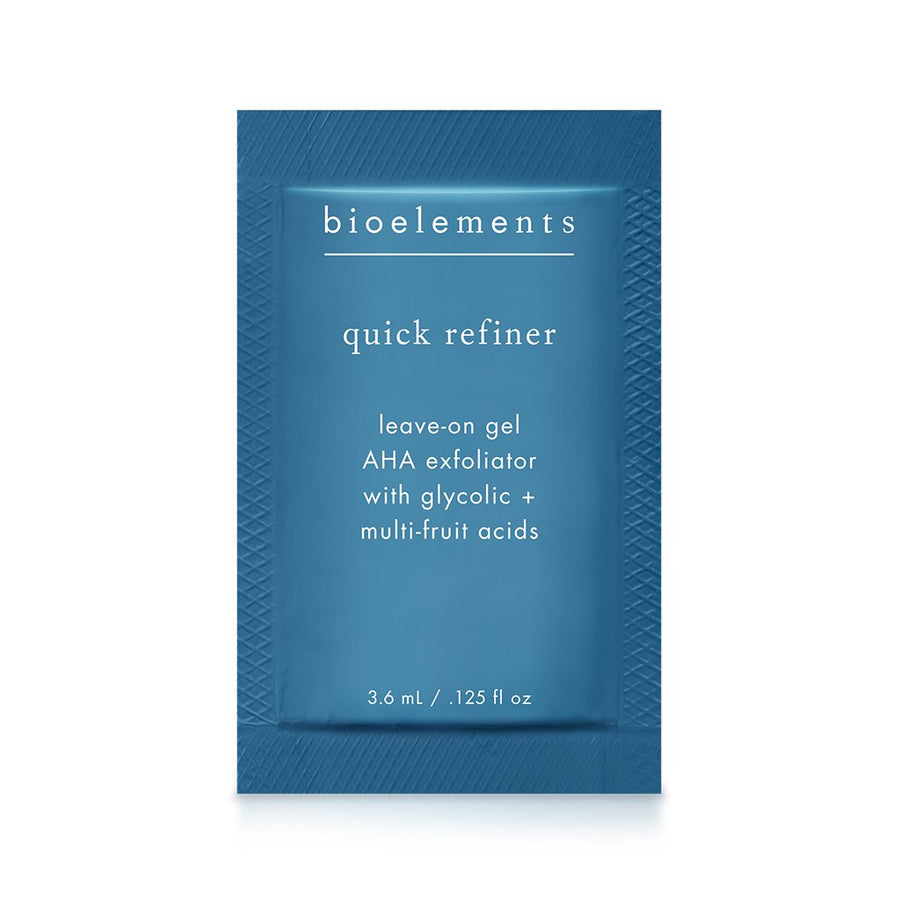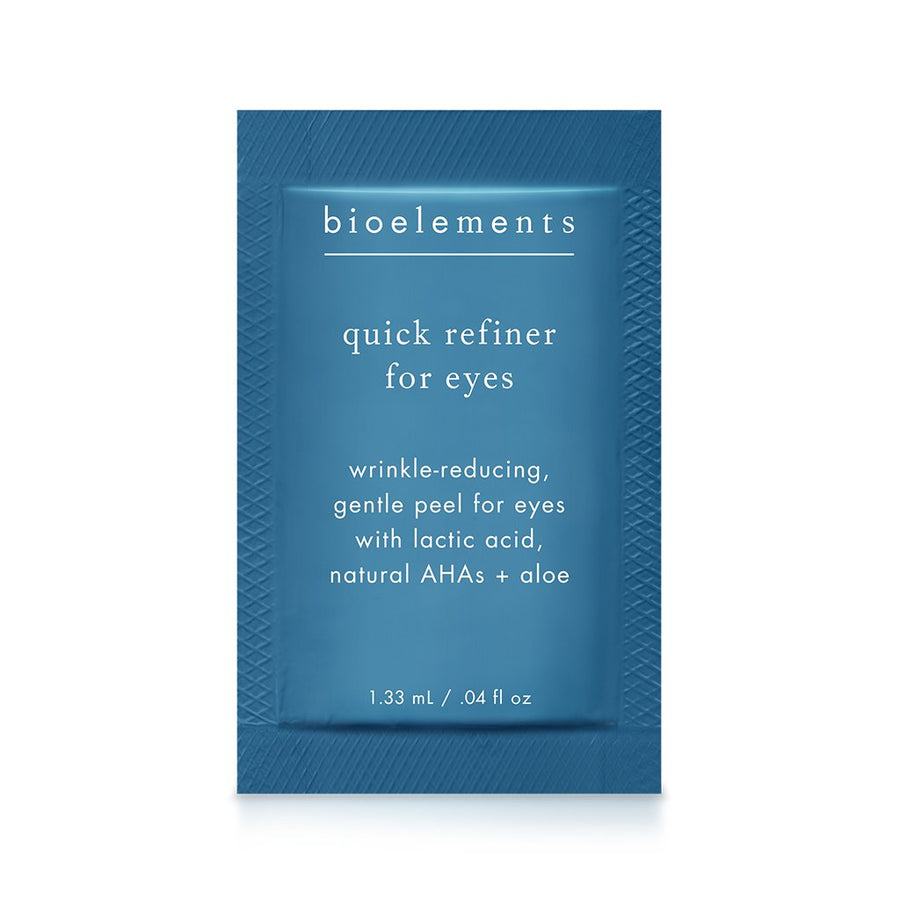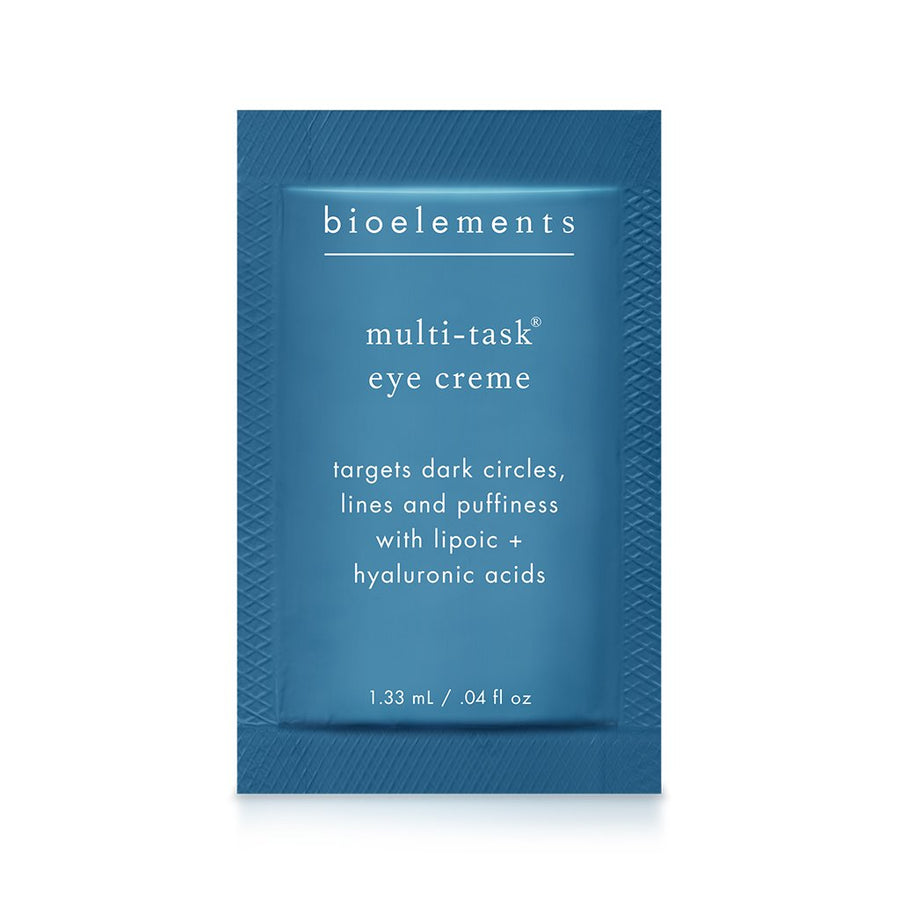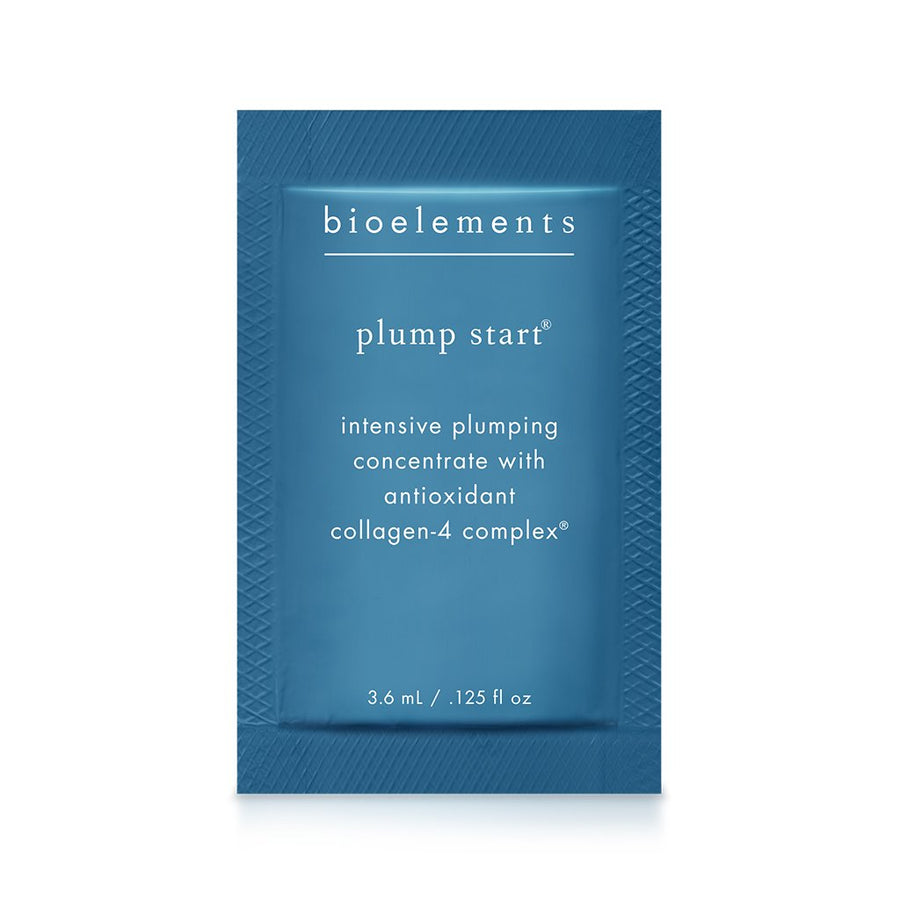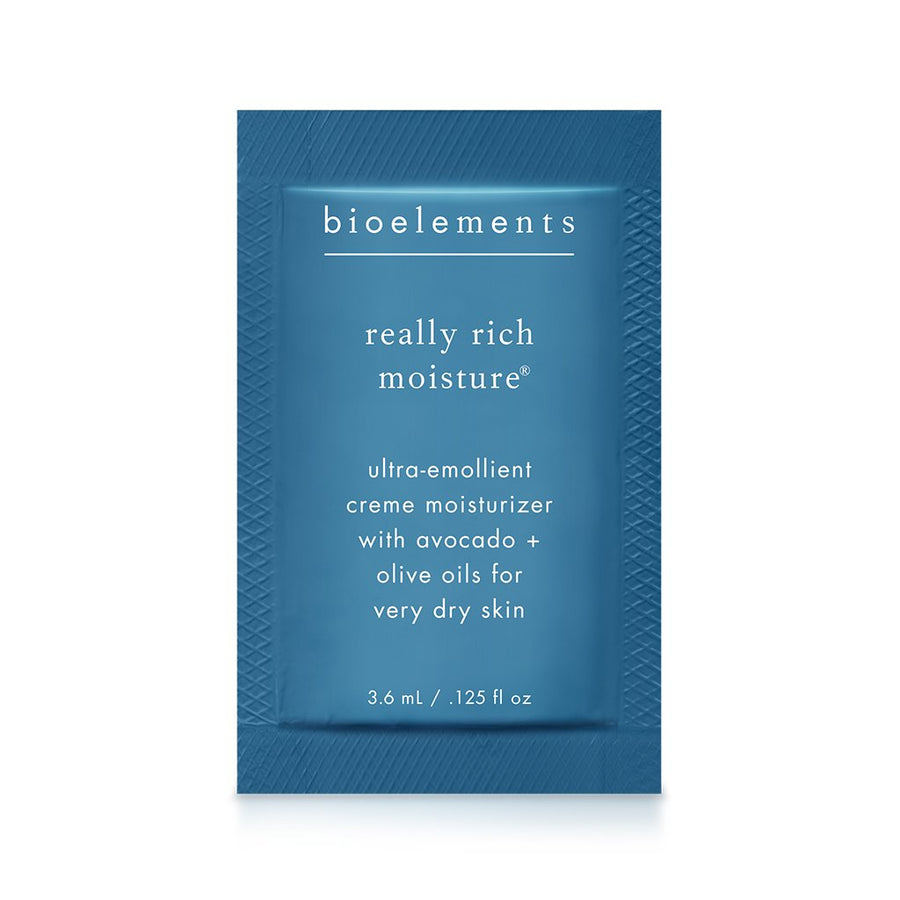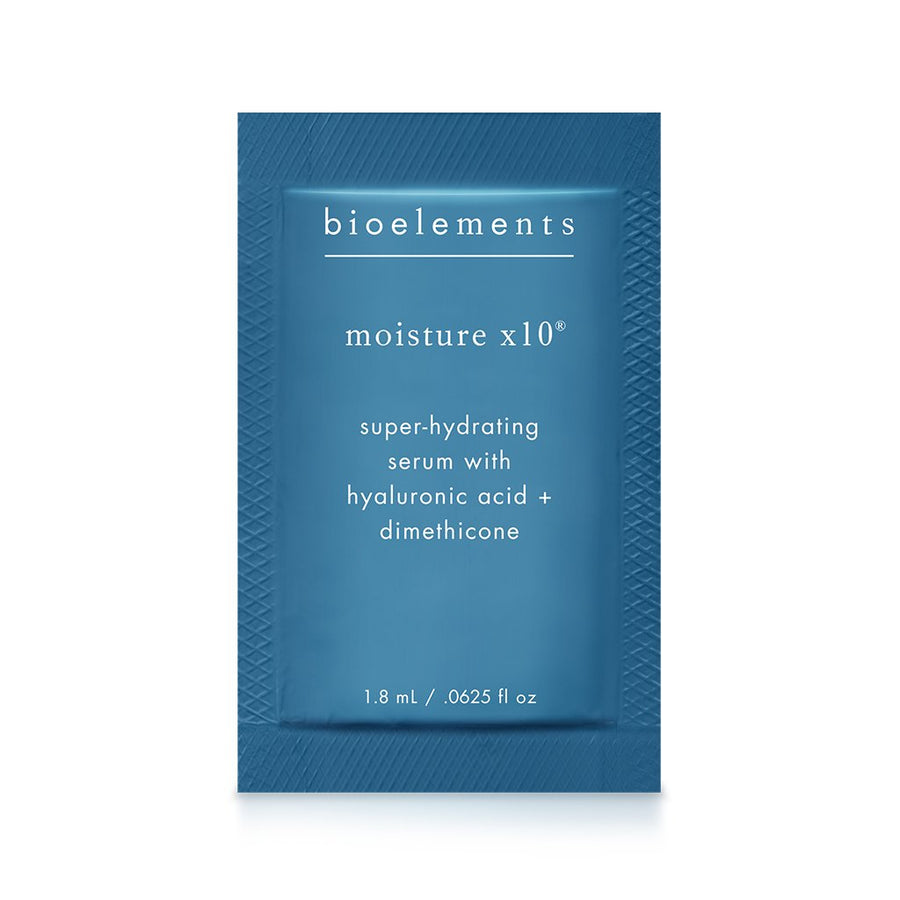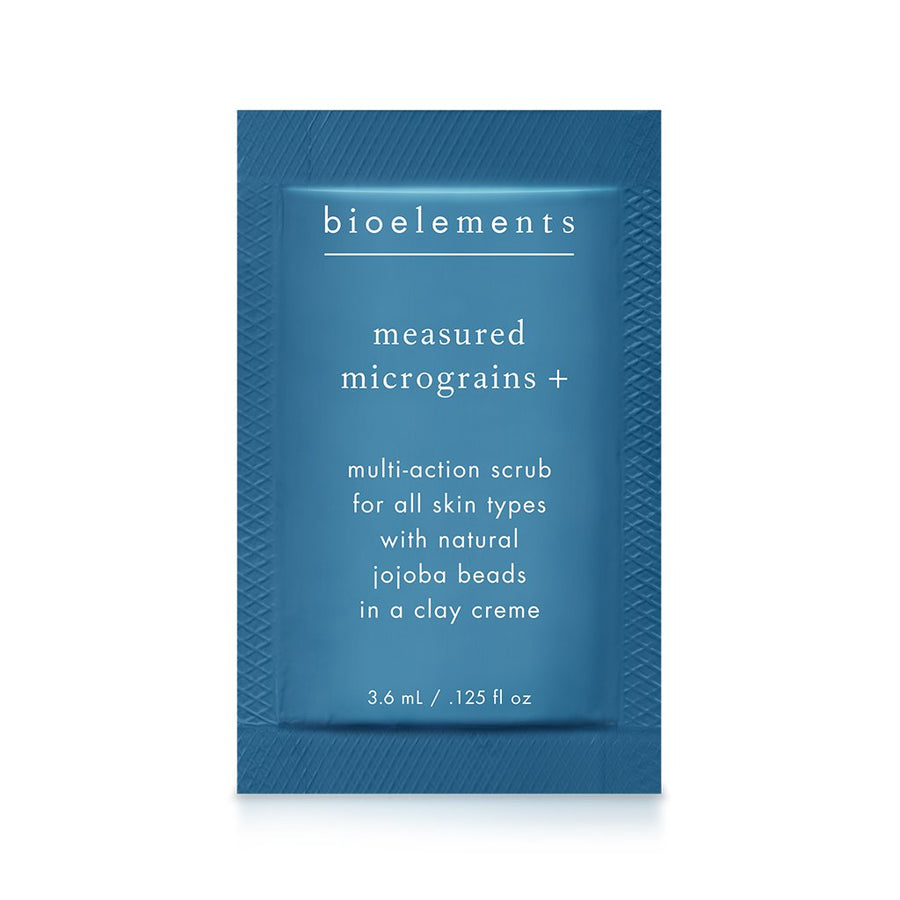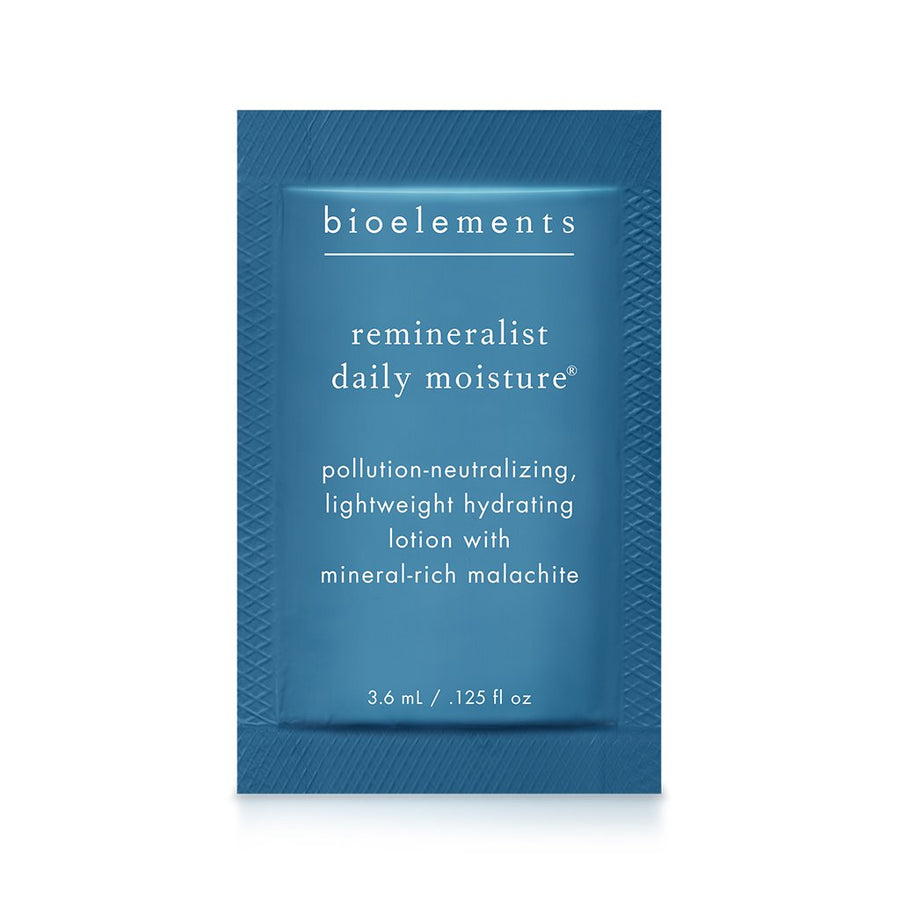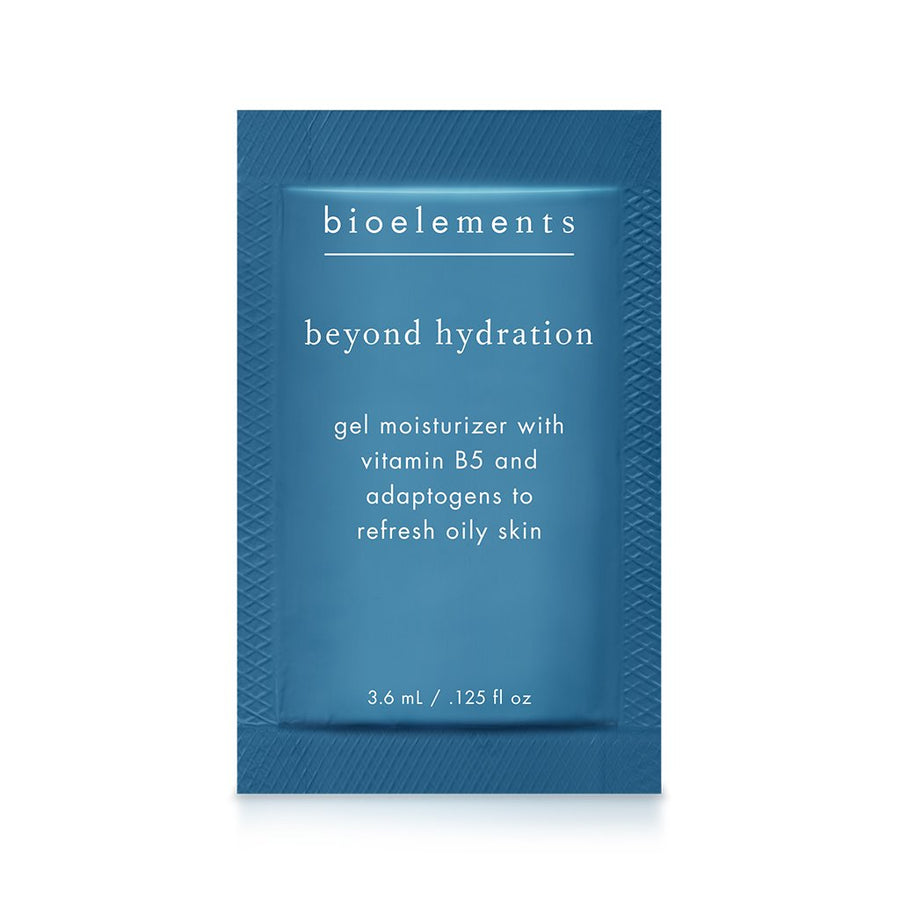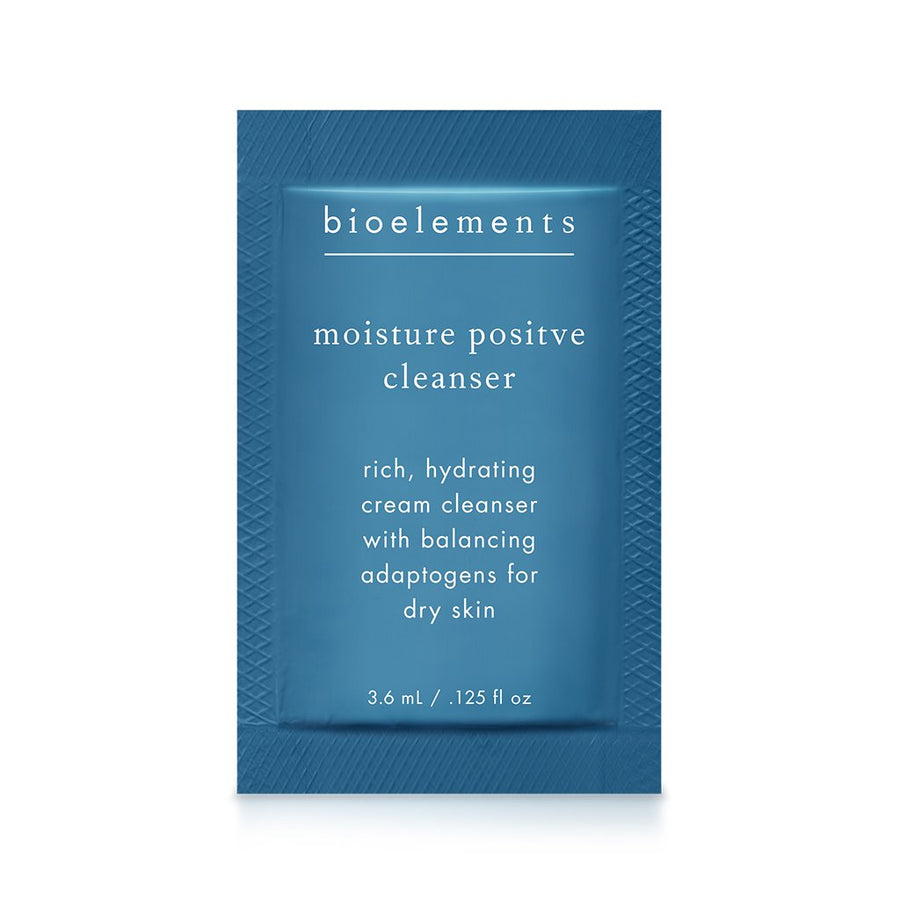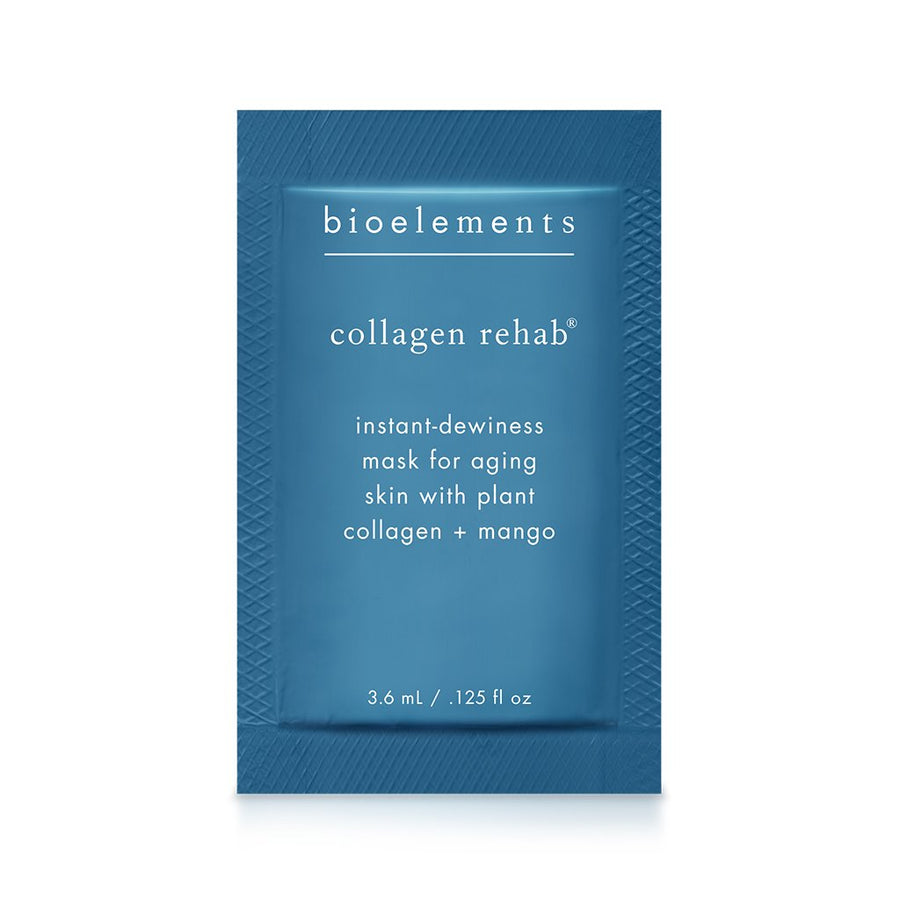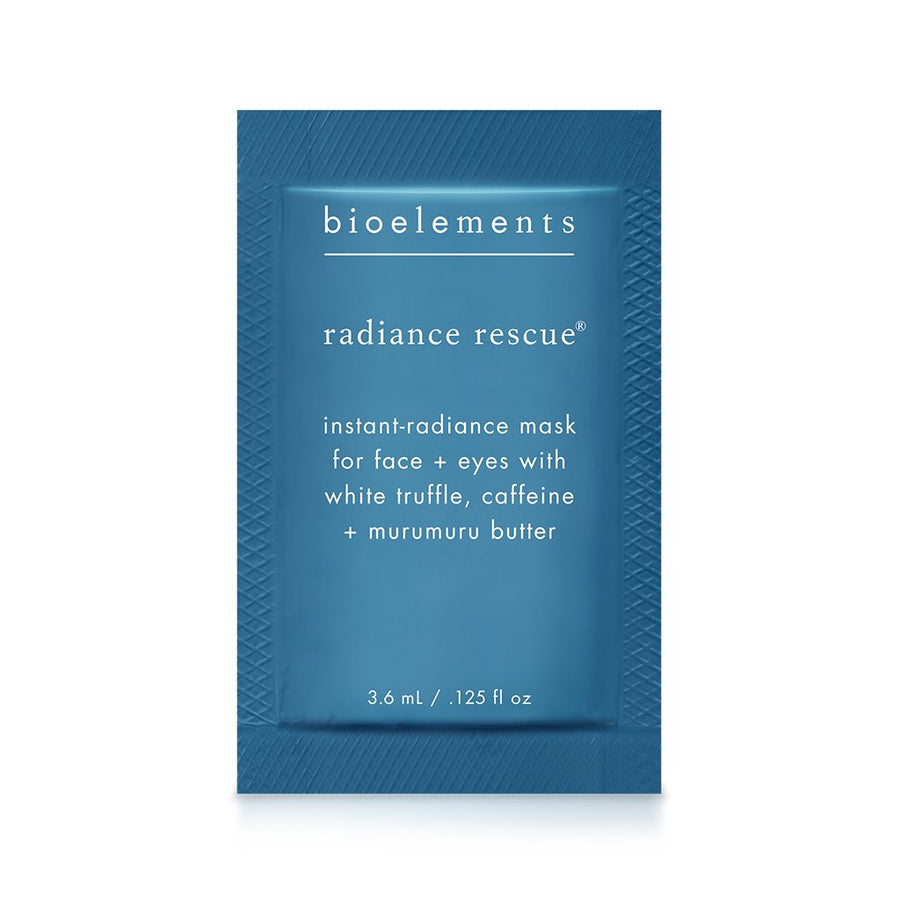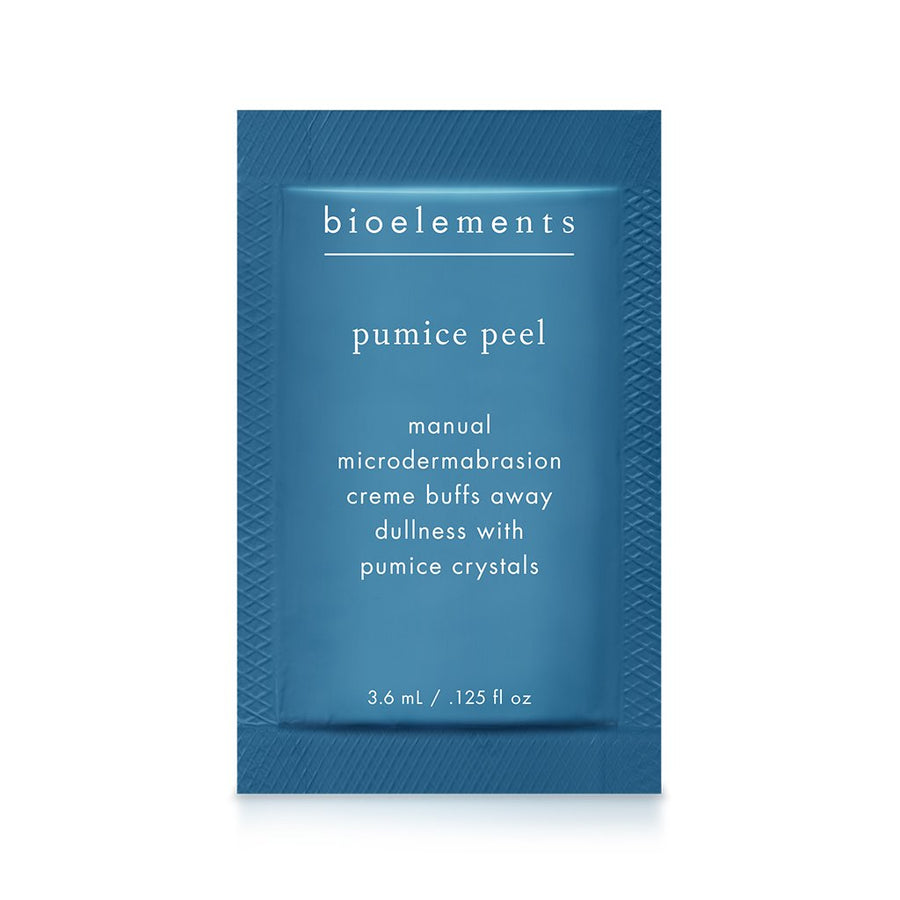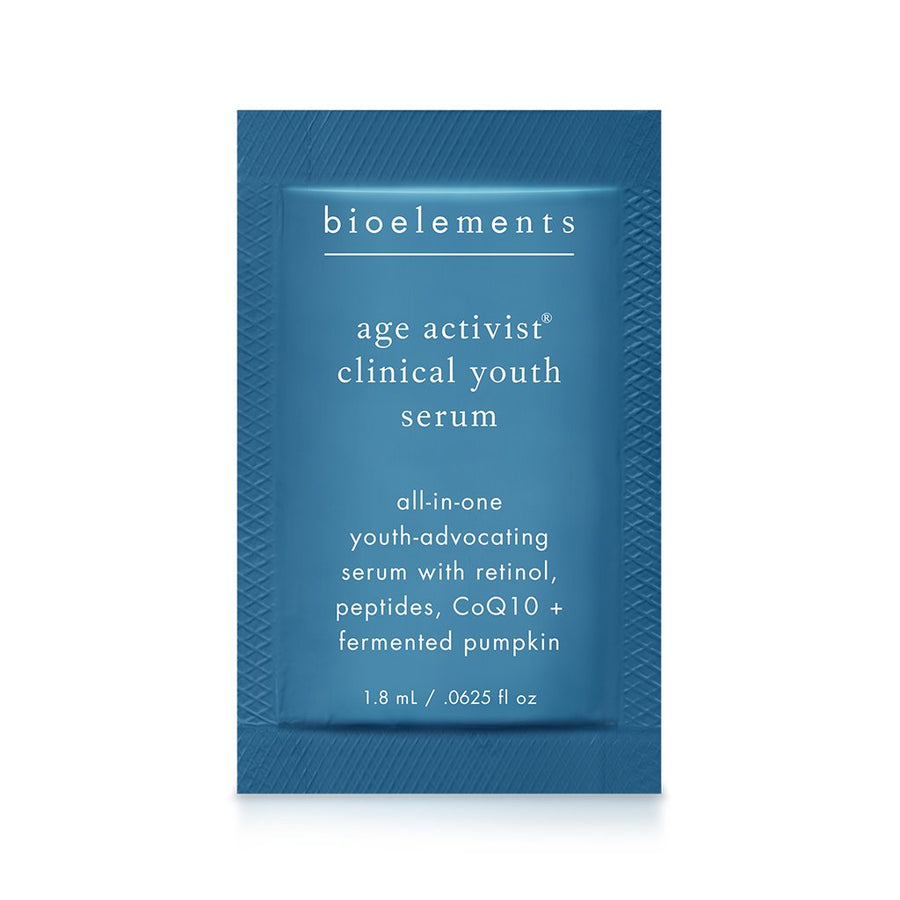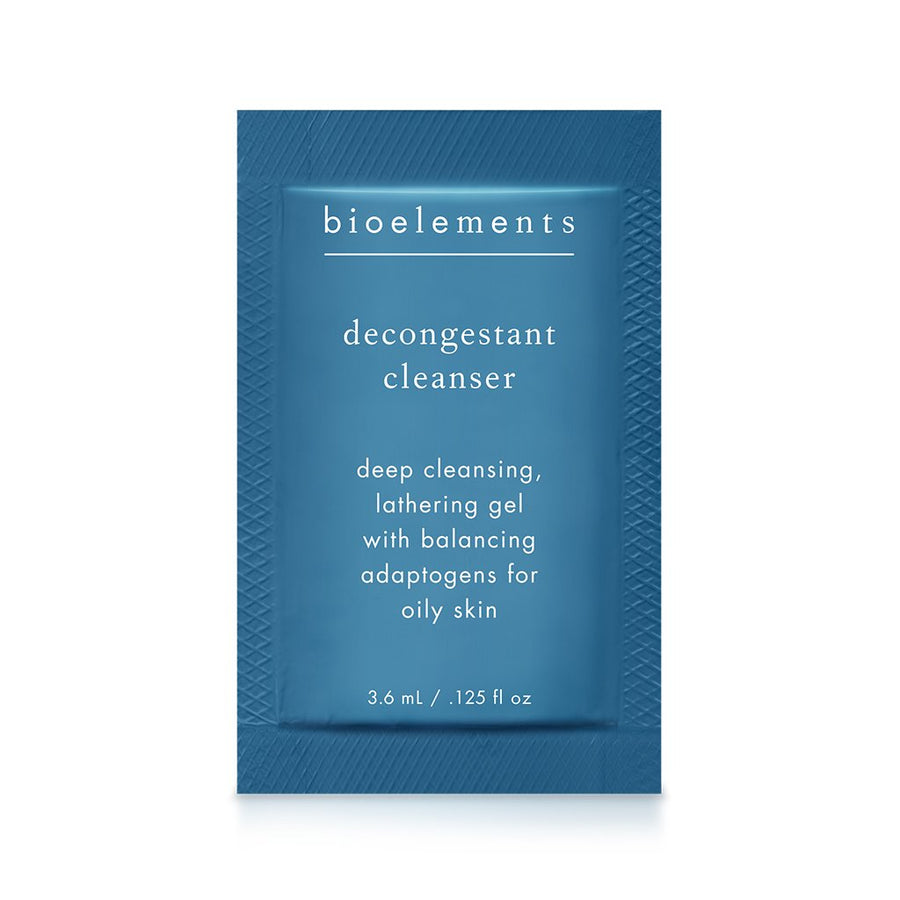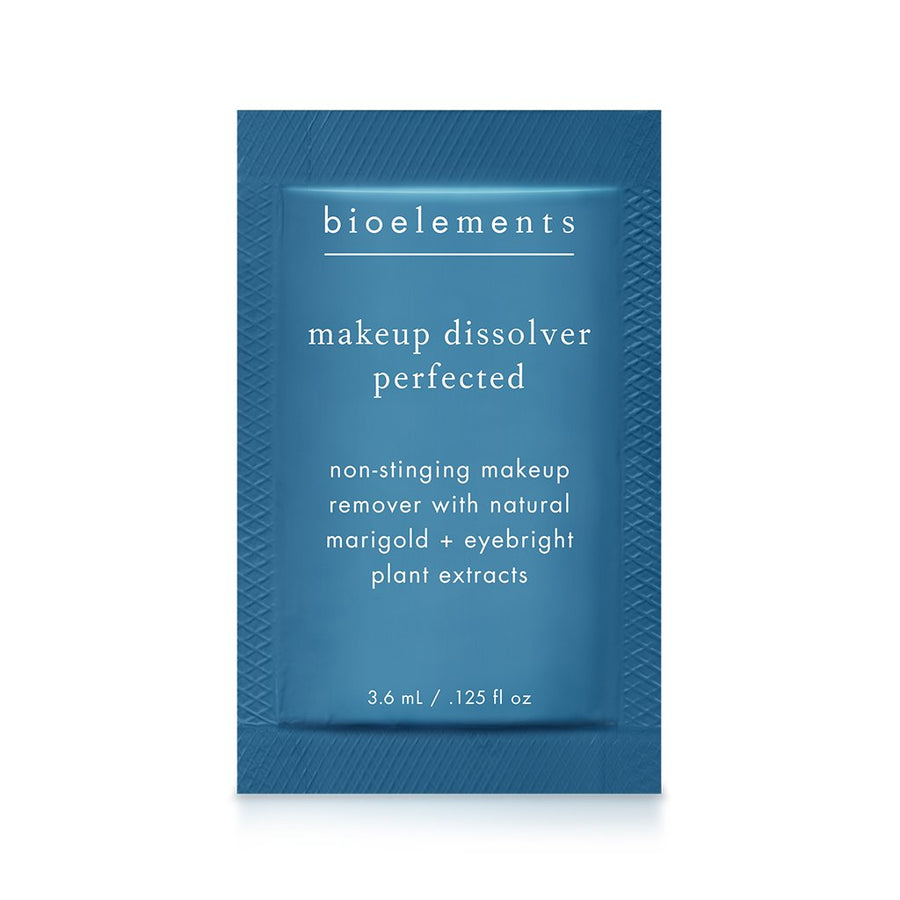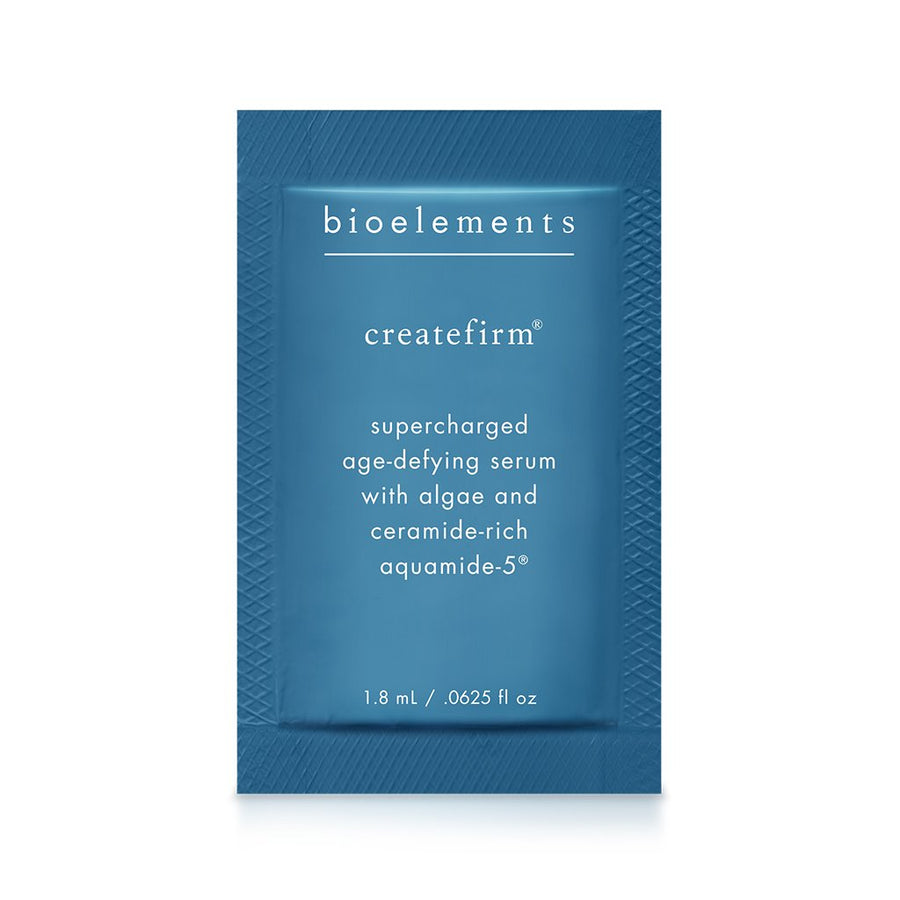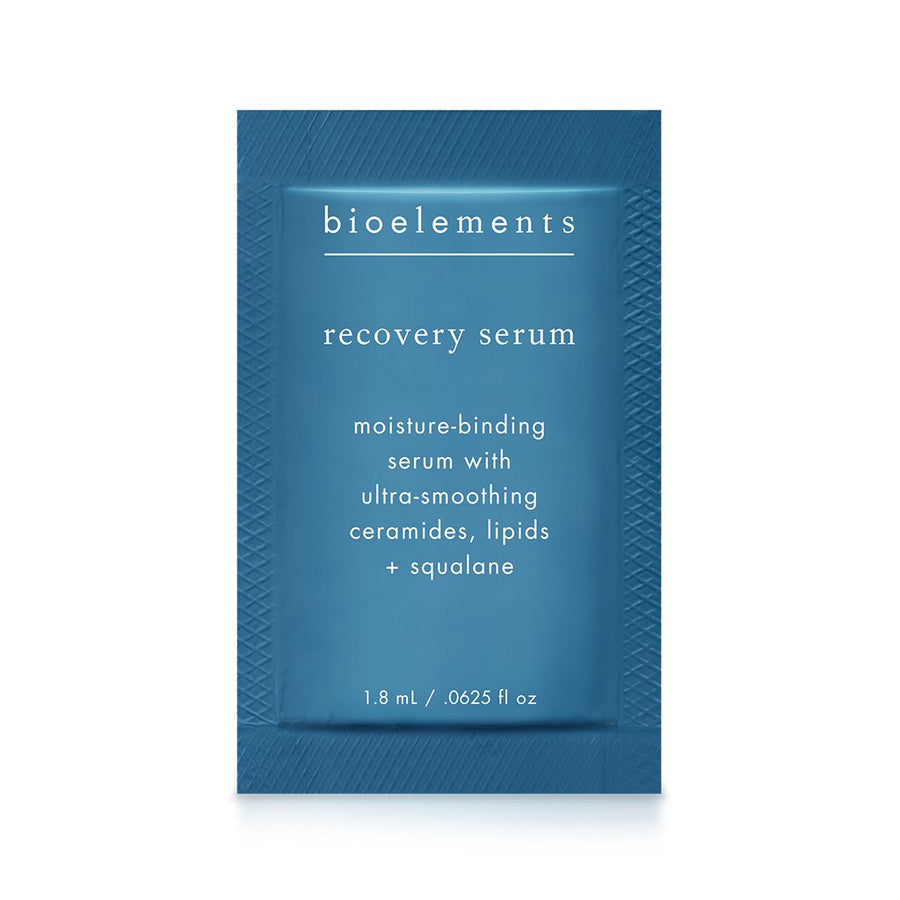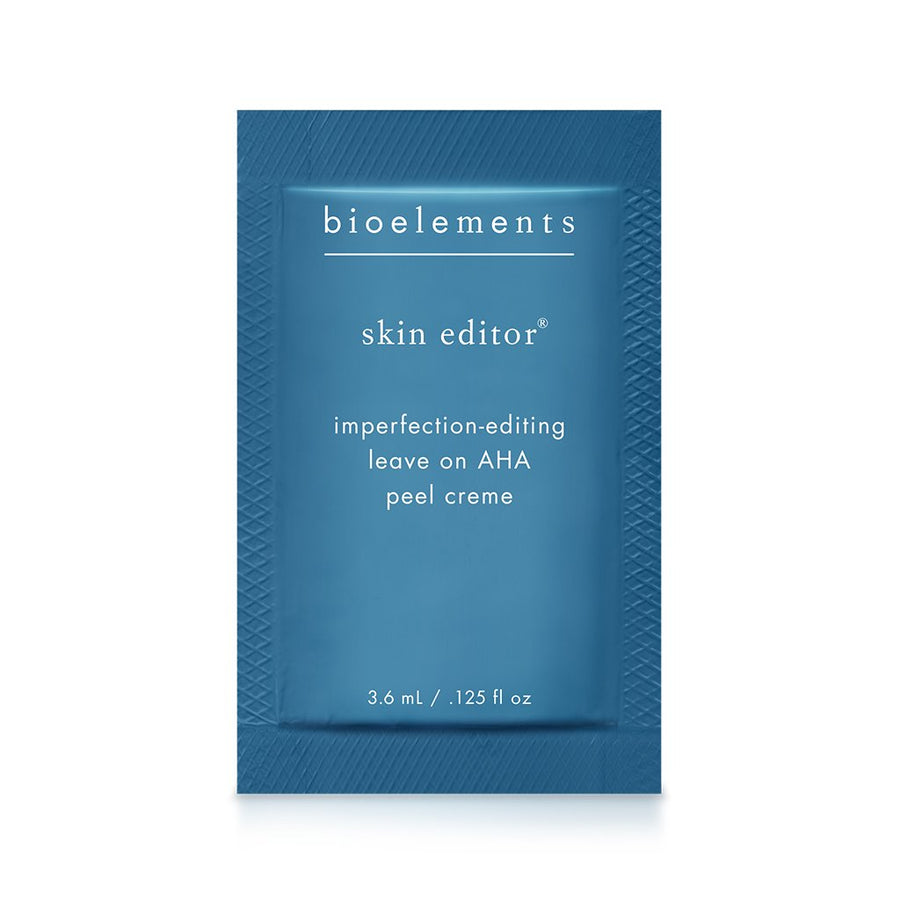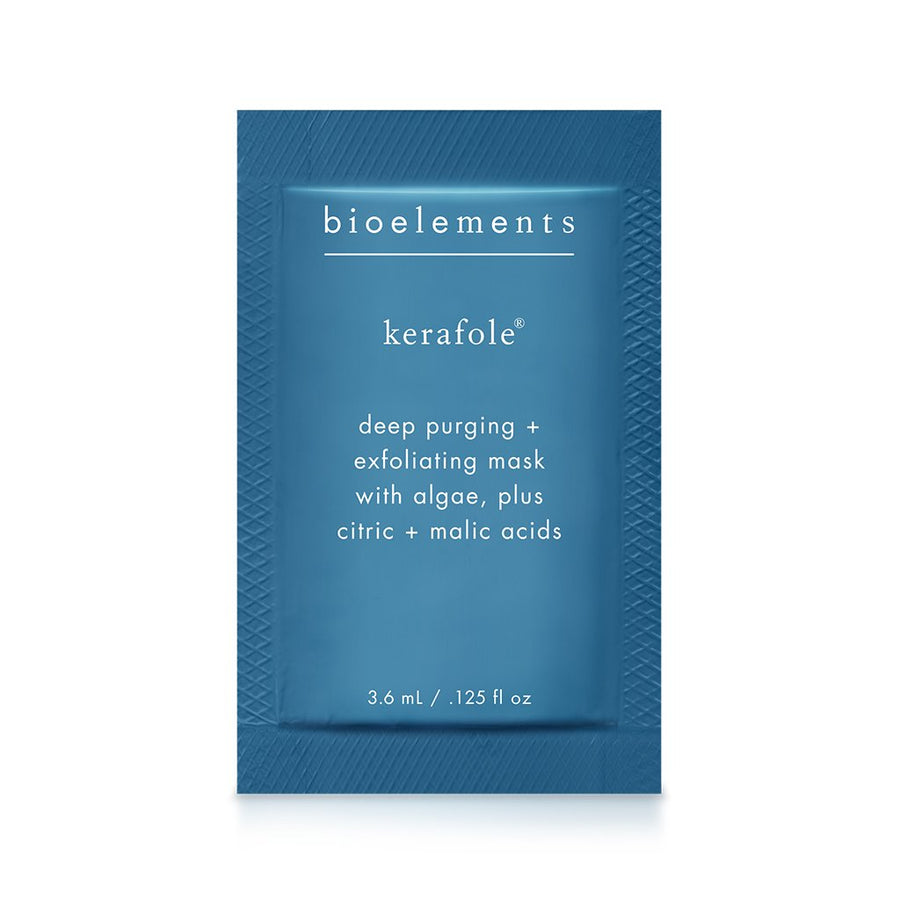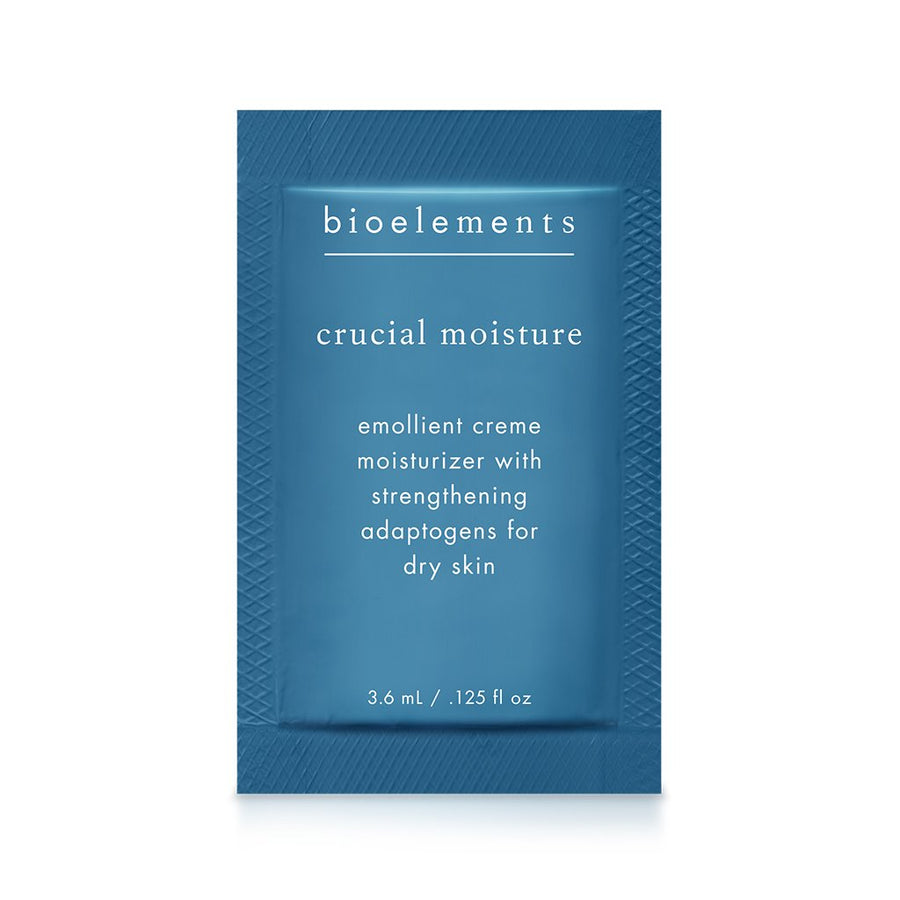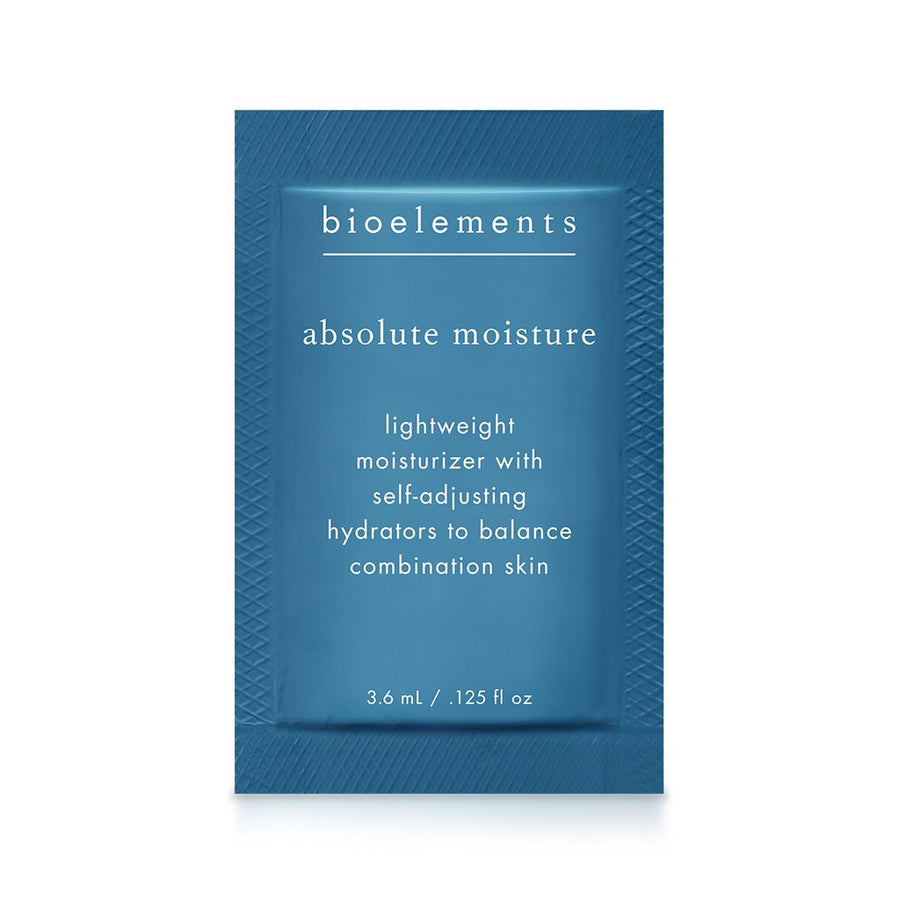Summer sun, heat, and humidity can challenge your skin in unique ways, leading to dehydration, irritation, breakouts, or premature aging. The good news? With expert-backed summer skin care strategies, you can protect and replenish your skin for a radiant, healthy glow all season long.
Whether you're battling oily shine or dryness, these expert-backed summer skin care tips will help you build an effective warm-weather routine.
— Beth Bialko, Bioelements Senior Director of Education
1. Prioritize Daily Sunscreen
Why: Sunscreen is your first and most critical defense against UV-induced skin damage, including sunburn, hyperpigmentation, premature aging, and skin cancer.
Pro Tip: Choose a broad-spectrum sunscreen with at least SPF 30. Apply it daily, and reapply every 1–2 hours, especially after sweating or swimming.
2. Hydrate Inside and Out
Why: Dehydrated skin can appear tight, dull, and more prone to sensitivity or breakouts. Maintaining hydration is essential for elasticity, texture, and barrier repair.
Pro Tip: Drink plenty of water and incorporate electrolyte-rich, water-dense foods like watermelon, cucumber, and coconut. Topically, choose hydrating skin care ingredients like hyaluronic acid or aloe vera to lock in moisture without clogging pores.
3. Use the Right Summer Moisturizer
Why: Heat and sun exposure can disrupt your skin’s moisture balance. Moisturizers help prevent trans-epidermal water loss (TEWL) and maintain your skin barrier.
Pro Tip:
-
Dry skin: Try an emollient creme moisturizer for longer-lasting hydration.
-
Oily or combination skin: Use a lightweight, balancing moisturizer.
-
For added hydration: Layer in a gentle facial oil or a serum with hyaluronic acid, aloe vera, or squalane.
4. Minimize Direct Sun Exposure
Why: Even with sunscreen, prolonged sun exposure increases the risk of hyperpigmentation, sunburn, and inflammation.
Pro Tip: Avoid peak UV hours between 11 AM and 3 PM. Seek shade, wear wide-brimmed hats, UV-protective clothing, and polarized sunglasses for added defense.
5. Eat Skin-Supportive, Antioxidant-Rich Foods
Why: Nutrient-dense foods promote skin repair and resilience, especially when facing oxidative stress from UV exposure.
Pro Tip: Focus on a colorful, plant-based diet. Include leafy greens, berries, and vitamin-rich nuts like Brazil nuts — a top source of selenium and magnesium — along with omega-3s from seeds or fatty fish.
6. Avoid Over-Cleansing
Why: Cleansing too frequently or aggressively can strip your skin of essential lipids, leading to dryness, irritation, or rebound oiliness.
Pro Tip: Wash your face no more than twice daily with a gentle, pH-balanced cleanser. Use light, circular motions to remove impurities without disrupting the skin barrier.
7. Incorporate Aloe Vera for Soothing Hydration
Why: Aloe vera is rich in vitamins, enzymes, amino acids, and anti-inflammatory compounds that soothe, calm, and hydrate sensitized or sun-exposed skin.
Pro Tip: Apply a thin layer of aloe vera gel to sunburned, irritated, or dry skin for immediate relief. For internal hydration benefits, add aloe vera juice to your favorite summer smoothie.
Frequently Asked Questions
Q: What is the best summer skin care routine for dry skin?
A: Start with a gentle cleanser, follow with a hydrating serum, apply a lightweight, yet rich moisturizer, and finish with SPF 30 or higher. Reapply sunscreen throughout the day and use aloe vera as needed for sun exposure recovery.
Q: How do I prevent breakouts in the summer?
A: Use gentle, barrier-friendly products, avoid over-cleansing, and incorporate lightweight moisturizers that won’t clog pores. Regular hydration and a balanced diet also play a role in keeping skin clear.
Q: Can diet really affect skin hydration?
A: Yes. Foods high in water content and electrolytes — like watermelon, cucumber, and leafy greens — support your skin’s moisture levels from within. Omega-3s and antioxidants also promote healthy skin function.


